The supplement market is filled with promises of faster recovery, reduced soreness, and better performance. But how much of this is supported by science—and how much is just marketing?
For athletes, the key is separating hype from evidence. This article examines the research behind common recovery supplements, showing what actually works and when it matters.
Understanding Recovery Supplements
Recovery supplements aim to support the body’s natural healing by:
- Reducing inflammation → managing soreness and preventing excessive tissue damage.
- Supporting repair → supplying amino acids, protein, and energy substrates.
- Replenishing nutrients → restoring electrolytes, minerals, and antioxidants.
Effectiveness depends on context: diet quality, training load, and individual physiology all shape results.
Evidence-Based Analysis of Key Supplements
1. Protein & Amino Acids
- Role: Essential for muscle repair and adaptation.
- Evidence:
- Daily intake of 1.6–2.2 g/kg supports recovery and hypertrophy [Phillips, 2014].
- BCAAs can modestly reduce soreness but show limited benefit if protein intake is already adequate [Jackman et al., 2010].
- Daily intake of 1.6–2.2 g/kg supports recovery and hypertrophy [Phillips, 2014].
- Takeaway: Focus on total protein first. Post-workout doses of 20–30 g are effective for repair.
2. Creatine Monohydrate
- Role: Replenishes ATP and enhances recovery between sessions.
- Evidence: Creatine improves post-exercise strength recovery and reduces muscle damage markers [Cooke et al., 2009].
- Takeaway: One of the most reliable and studied supplements. Best used daily (3–5 g).
3. Omega-3 Fatty Acids
- Role: Reduce inflammation and support muscle function.
- Evidence: Supplementation with 2–3 g/day EPA+DHA reduces DOMS and preserves function in both young and older athletes [Tinsley et al., 2017/2021; Tsuchiya et al., 2016].
- Takeaway: Especially useful during heavy training or when fish intake is low.
4. Curcumin (Turmeric Extract)
- Role: Natural anti-inflammatory and antioxidant.
- Evidence:
- Earlier reviews [Hewlings & Kalman, 2017] supported its effects.
- A 2024 meta-analysis (Liu et al.) confirmed curcumin reduces DOMS, lowers IL-6 and CK, and improves range of motion.
- Earlier reviews [Hewlings & Kalman, 2017] supported its effects.
- Takeaway: Effective at 500–1500 mg/day in high-bioavailability forms (with piperine or lipid-based delivery).
5. Magnesium & Electrolytes
- Role: Maintain neuromuscular function, prevent cramps, and support hydration.
- Evidence:
- Magnesium is critical for energy and contraction processes [Volpe, 2015].
- A 2024 systematic review suggests supplementation may reduce soreness and oxidative stress, though more data are needed.
- Magnesium is critical for energy and contraction processes [Volpe, 2015].
- Takeaway: Best for athletes training in high volume or heat. Aim for 200–400 mg/day plus balanced electrolytes.
6. Antioxidants (Vitamin C & E)
- Role: Combat oxidative stress from intense training.
- Evidence: High doses blunt training adaptations despite reducing free radicals [Paulsen et al., 2014].
- Takeaway: Prioritise antioxidant-rich foods (fruits, vegetables, nuts) rather than high-dose supplements.
Interpreting the Evidence
- Strongest evidence: Protein and creatine.
- Moderate benefits: Omega-3s and curcumin.
- Context-dependent: Magnesium and electrolytes.
- Use with caution: High-dose antioxidants.
Consistency matters. Daily intake is essential for creatine, omega-3s, curcumin, and magnesium. One-off doses are rarely effective.
Practical Recommendations for Athletes
- Get the basics right first → sleep, nutrition, and hydration.
- Add proven supplements → protein, creatine, omega-3s, curcumin.
- Support specific needs → magnesium and electrolytes for cramp prevention and hot conditions.
- Avoid over-reliance → supplements are tools, not substitutes for training and recovery practices.
Sydney Chiropractors Conclusion to Supplements and Muscle Recovery
So, do supplements really work for muscle recovery? The answer is yes—when used selectively and consistently.
- Protein and creatine are the most reliable for muscle repair and adaptation.
- Omega-3s and curcumin can reduce soreness and inflammation.
- Magnesium and electrolytes help maintain function under heavy load, though their effects on soreness are indirect.
- High-dose antioxidants should be avoided to protect training adaptations.
Supplements are not shortcuts, but when integrated into a structured training and nutrition plan, they can support consistent performance and faster recovery.
